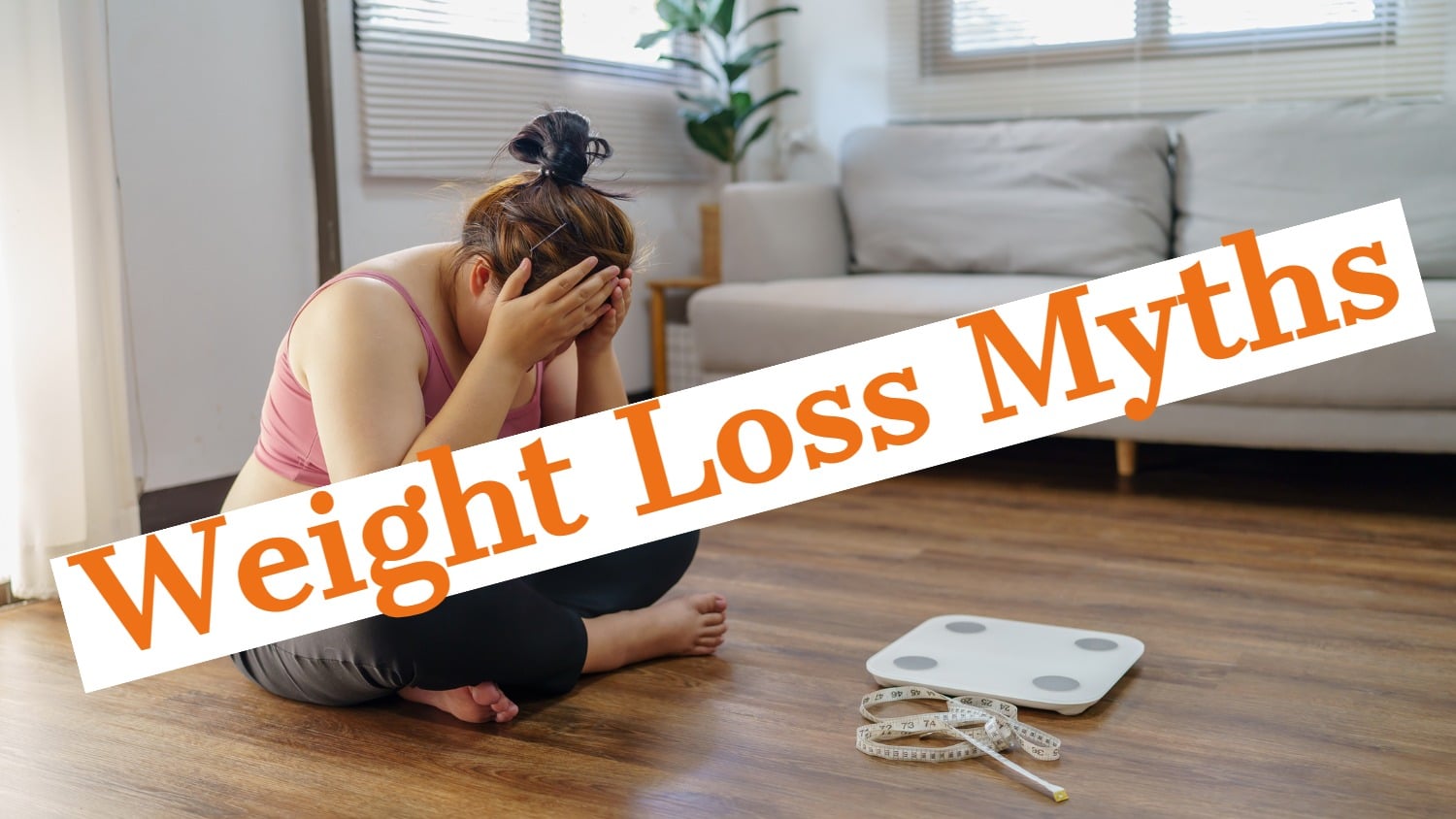It’s hard to pick up a magazine or have a conversation at the gym without running into news about the latest ways a person can lose weight. The many tips and tricks to help a person lose weight often interfere with adopting sound nutritional and lifestyle advice.
The weight loss drugs that have flooded the market add to the incessant focus on weight, while a more productive vision might be on self-care and a balanced lifestyle.
A useful first step in improving food choices is to unpack the many trendy and unproductive myths around healthy eating that flood the media.
Here are just a few myths I’ve encountered in my work with hundreds of women over the years and what we did to shift to something more helpful and positive.
Myth #1: Diet Soda Is a Good Thing to Drink When You’re Trying to Lose Weight
Truth:
It’s just the opposite – diet soda tells the brain there’s something sweet coming in which activates the pancreas to neutralize the sugar. When the insulin has no sugar to absorb, the body will trigger hunger.
Myth #2: Eat Only Low-Fat Foods
Truth:
Full fat in foods like cheese create satiety. Low-fat or fat-free foods often have additives and chemicals to replace the flavor full fat provides. Fat is an essential nutrient for the body and the brain – it’s just important not to overdo it.
Myth #3: Sugar Substitutes Are Great for Weight Loss
Truth:
Sugar substitutes are loaded with chemicals. Best to have a teaspoon of sugar in your coffee if you need to sweeten it, or even better, switch to a sprinkle of cinnamon.
Myth #4: Carbs Are Bad for You
Truth:
No question, some are, like white flour products. But did you know that fruits, vegetables and whole grains are carbs and are an essential part of a healthy diet?
Myth #5: Overweight People Lack Discipline
Truth:
My experience is that excess weight is a complex issue. People become overweight because the foods they eat are low in nutrients, resulting in hunger and cravings. It can come from hormonal imbalances, medications, shift work and many other reasons. It can come from some of the myths listed above. Overweight is intimately associated with lifestyle – who you associate with, your emotional status.
Your level of stress, quality of sleep and exercise, and your overall health. Some do very well working with a non-judgmental health coach who can work with them on realistic goal-setting that identifies habits and helps to create more productive ones. Success comes not from deprivation and strict dieting but, instead, from gradual positive improvements in overall lifestyle.
Let’s Start a Discussion:
What are some weight loss myths you have heard? Have you actually followed any such myths, thinking they will benefit you? How did you learn they were useless?
